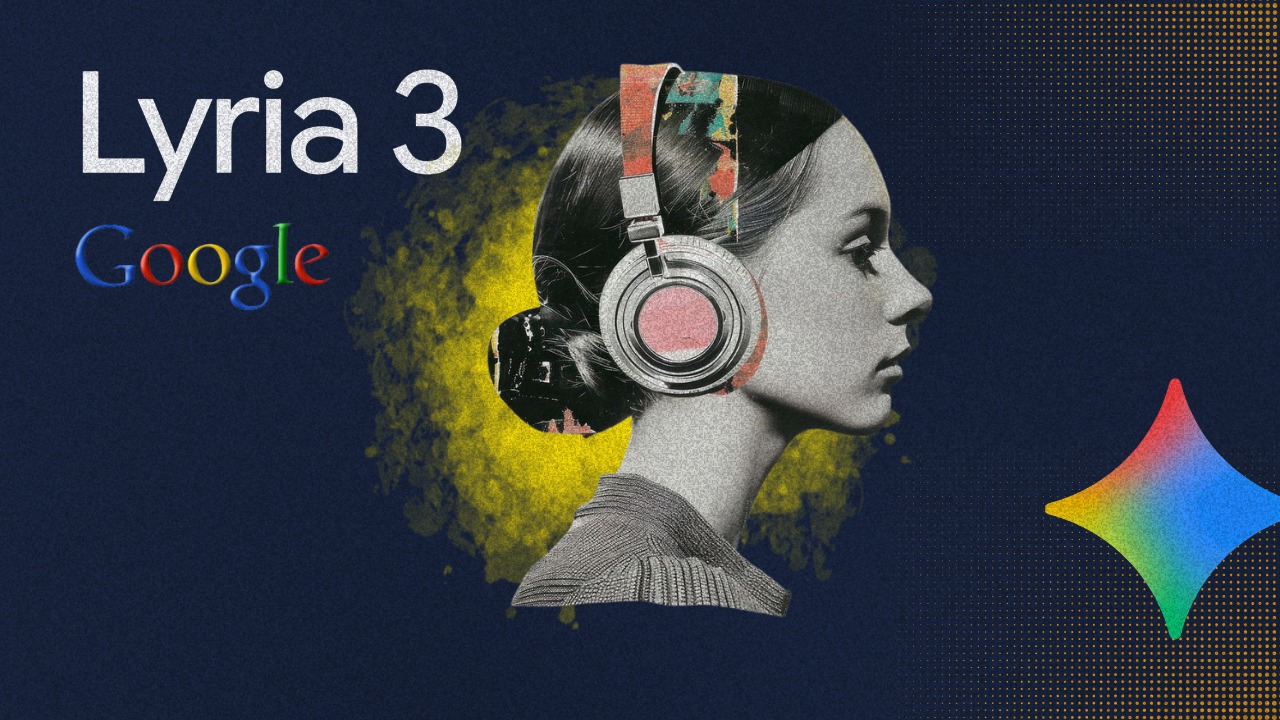
Welcome, Humans!
Ready for your daily dose of AI chaos? I’ve rounded up Today’s Top AI Headlines for those who like to stay ahead – and for the curious, I’ve got some eyebrow-raising stories Beyond the Headlines. Let’s dive in.
In a Nutshell:
OpenAI pauses open-source plans
Meta acquires voice cloning startup
Google onboards Windsurf’s top talent
Surgical robot hits 100% accuracy
AI therapy tools spark concerns
🚀Today’s Top AI Headlines:

OpenAI Pauses Open-Source: OpenAI has indefinitely delayed the release of its highly anticipated open-source model, citing serious safety concerns. The company argued that sharing model weights without adequate safeguards could lead to catastrophic misuse. In a statement, OpenAI reaffirmed its commitment to responsible deployment, suggesting that openness must take a backseat to public safety and risk mitigation as foundation models become more powerful.
The decision comes at a time when open-source competitors are gaining momentum. Moonshot’s Kimi K2 and Meta’s Llama 4 have already entered the market, offering developers freely accessible alternatives with impressive performance. These models are fueling a growing ecosystem around transparency, customization, and open collaboration values many in the AI community still hold dear.
By pausing its open-source ambitions, OpenAI further distances itself from its original charter. The move signals a broader industry divide: between AI labs prioritizing openness and those doubling down on proprietary control in the name of safety. Critics argue the delay reflects OpenAI’s evolving commercial interests more than genuine risk mitigation.
Source: TechCrunch🤖 Robi: "Remember when OpenAI had 'open' in it? Pepperidge Farm remembers."
Meta Acquires Voice Startup: Meta has acquired California-based voice tech startup PlayAI, a company known for advanced speech synthesis and voice cloning. PlayAI’s capabilities are expected to enhance Meta’s AI Characters and digital personas, giving them more lifelike voices and emotional nuance. The entire PlayAI team will join Meta’s AI division next week as part of the integration.
The move supports Meta’s long-term goal of developing expressive, human-like virtual agents. With PlayAI’s deep learning voice stack, Meta can build out adaptive voice-enabled interfaces across products like Instagram, Messenger, and WhatsApp. Analysts say the acquisition could give Meta an edge in competing with Siri, Alexa, and Google Assistant by pushing AI from scripted to emotionally responsive interaction.
Although financial details weren’t disclosed, this acquisition aligns with Meta’s strategy of internalizing core AI technologies. By bringing voice modeling in-house, Meta is better positioned to control its AI stack end to end, from vision and language to audio critical for delivering personalized, immersive user experiences across its ecosystem.
Source: BloomBerg🤖 Robi: "Meta’s new AI voice might finally sound less like a bored GPS."
Google Recruits Windsurf Talent: After OpenAI’s $3 billion acquisition attempt of Windsurf fell through, Google secured a licensing deal worth $2.4 billion to onboard the startup’s CEO and top engineers. Windsurf’s tech and talent will now contribute to Google’s Gemini initiative, particularly its ambitions in code generation and developer-focused AI tools. The move is seen as a major win for Google’s R&D arm.
The failed OpenAI deal reportedly collapsed due to Microsoft’s IP restrictions. As OpenAI’s primary partner, Microsoft would have required joint integration terms for Windsurf’s models—an arrangement that clashed with Windsurf’s desire to remain neutral. When the deal unraveled, Google acted quickly, negotiating a licensing agreement that preserves Windsurf’s independence while securing key personnel and technology.
By absorbing Windsurf’s leadership and bypassing acquisition red tape, Google gains immediate expertise to supercharge Gemini’s code model pipeline. The move reflects an intensifying race among AI giants to attract elite talent while sidestepping regulatory scrutiny. Gemini is now expected to rival GitHub Copilot and ChatGPT’s coding tools more directly.
Source: CNBC
🤖 Robi: "OpenAI wanted Windsurf. Microsoft said 'No.' Google said 'Yoink."
🔍Beyond the Headlines:
Robot Executes Safe Surgery: Johns Hopkins engineers unveiled SRT-H, a surgical robot guided by a transformer-based AI that removed gallbladders with 100% accuracy on synthetic models. The robot responds to voice commands, adapts in real time, and self-corrects during procedures. Researchers say live-tissue trials are next. This breakthrough marks a major step forward in autonomous surgery, combining robotics and AI to increase safety, speed, and surgical precision.
Source: Futurism🤖 Robi: "Now booking surgeries with Dr. GPT. Scalpel not included."
AI Therapy Sparks Concern: Stanford researchers tested leading therapy chatbots on prompts related to schizophrenia and alcohol use, and found that many gave harmful or stigmatizing responses. Some even suggested unsafe behavior. The findings, to be presented at FAccT 2025, highlight the dangers of using general-purpose AI in mental health care. Experts warn that scaling models alone won’t make them safe for psychological support or diagnosis.
Source: Time Magazine🤖 Robi: "Your therapist shouldn’t confuse schizophrenia with skincare tips."
🤖Prompt of the Day:
Mobile-First Marketing
Prompt: You are a mobile marketing strategist specializing in creating seamless, engaging experiences for mobile-first audiences. Your task is to develop a comprehensive mobile marketing strategy for a [business type or niche] offering [product or service] to reach [describe mobile-first audience] across mobile touchpoints.
Your strategy should include: (1) mobile user experience optimization across all touchpoints, (2) mobile-specific content and messaging strategies, (3) app marketing and in-app engagement tactics, (4) mobile advertising and attribution tracking, (5) cross-device customer journey mapping, and (6) mobile-specific KPIs including app engagement, mobile conversion rates, and user retention. The strategy must prioritize mobile experience while maintaining cross-platform consistency.
🤖AI Tools You Didn’t Know You Needed:
Problem: Building professional websites without coding knowledge often means settling for generic templates that don't match your vision.
AI Solution: Some tools generate complete websites from descriptions, creating custom designs that fit your specific needs.
AI Tool: Framer AI creates stunning, responsive websites from text prompts, handling design, layout, and interactions automatically.
Helpful Features
Text-to-Website: Generate sites from simple descriptions.
Responsive Design: Works perfectly on all devices.
Custom Interactions: Adds animations and dynamic elements.
CMS Integration: Easy content management and updates.

⚡ Robi’s Hot Take on X

The AI Friendship Dilemma
🤖 “Would you rather spend your Friday night with…”
🤖 What Did You Think, Humans?





